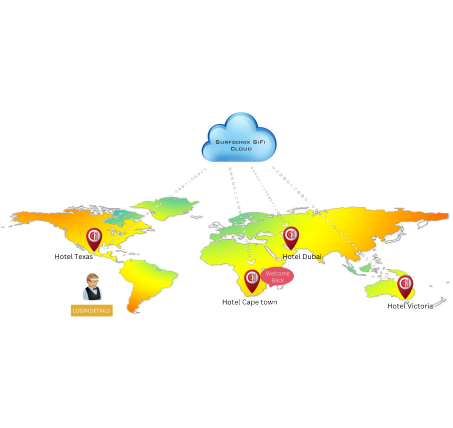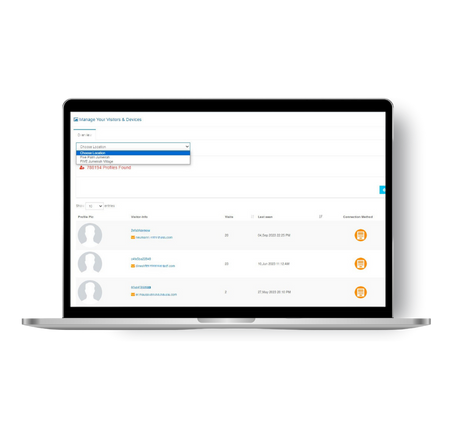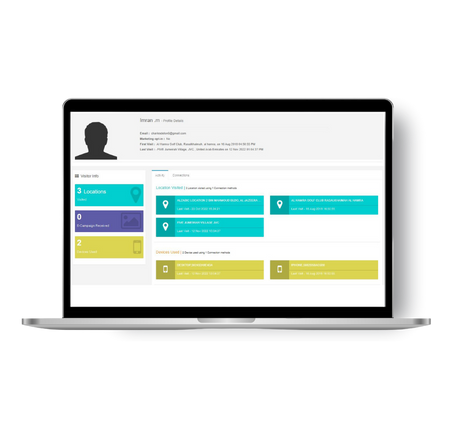Central Management System (CMS): Elevating Digital Asset Management with Surfsonix
Surfsonix’s Central Management System (CMS) is a vital solution for organizations looking to efficiently manage, configure, and report on their wide-ranging digital assets and services. Explore how this powerful tool simplifies asset management, enhances control, and optimizes operational efficiency.

Features
- Powerful Configuration Management: The CMS centralizes configuration and management of digital resources, ensuring consistency and efficiency.
- Detailed Reporting: Comprehensive reports provide insights into user behavior, application performance, and social media analytics.
- Revenue Tracking: Organizations can track revenue across channels and services to optimize income streams.
- Ticket Statistics: Efficient ticketing systems manage user requests with detailed statistics on ticket volumes and response times.
- User Connections: Real-time monitoring and reporting of user connections enable proactive management.
- HTTP-Proxy Logs: Detailed logs track and analyze web traffic for security and compliance.
Features
- Exportable Revenue Statistics: Exportable revenue statistics facilitate data analysis and integration with financial systems.
- Real-time Logging: Logging of user login and logoff activities enhances security and accountability.
- System Notifications: Alerts and notifications for critical events aid prompt issue resolution.
- Remote Syslog: Integration with remote syslog servers centralizes storage and analysis of system logs.
- Device Monitoring: The CMS monitors network devices, including Surf-LAN, with notifications to maintain network health.
- SNMP Integration: SNMP integration allows effective management and monitoring of network devices, routers, and switches.


Cost Efficiency
- Streamlined Operations: Centralized management simplifies the administration of various devices and systems.
- Remote Management: CMS allows administrators to manage devices and systems remotely, reducing the need for on-site visits.
- Better Decision-Making: CMS provides valuable data and insights into visitor’s behaviour, login method, and device type etc, with this information can make informed decisions about smart marketing, DAP, and promotional offers.
- Consistent Policies: CMS enables organizations to enforce consistent policies and configurations across all managed devices.
